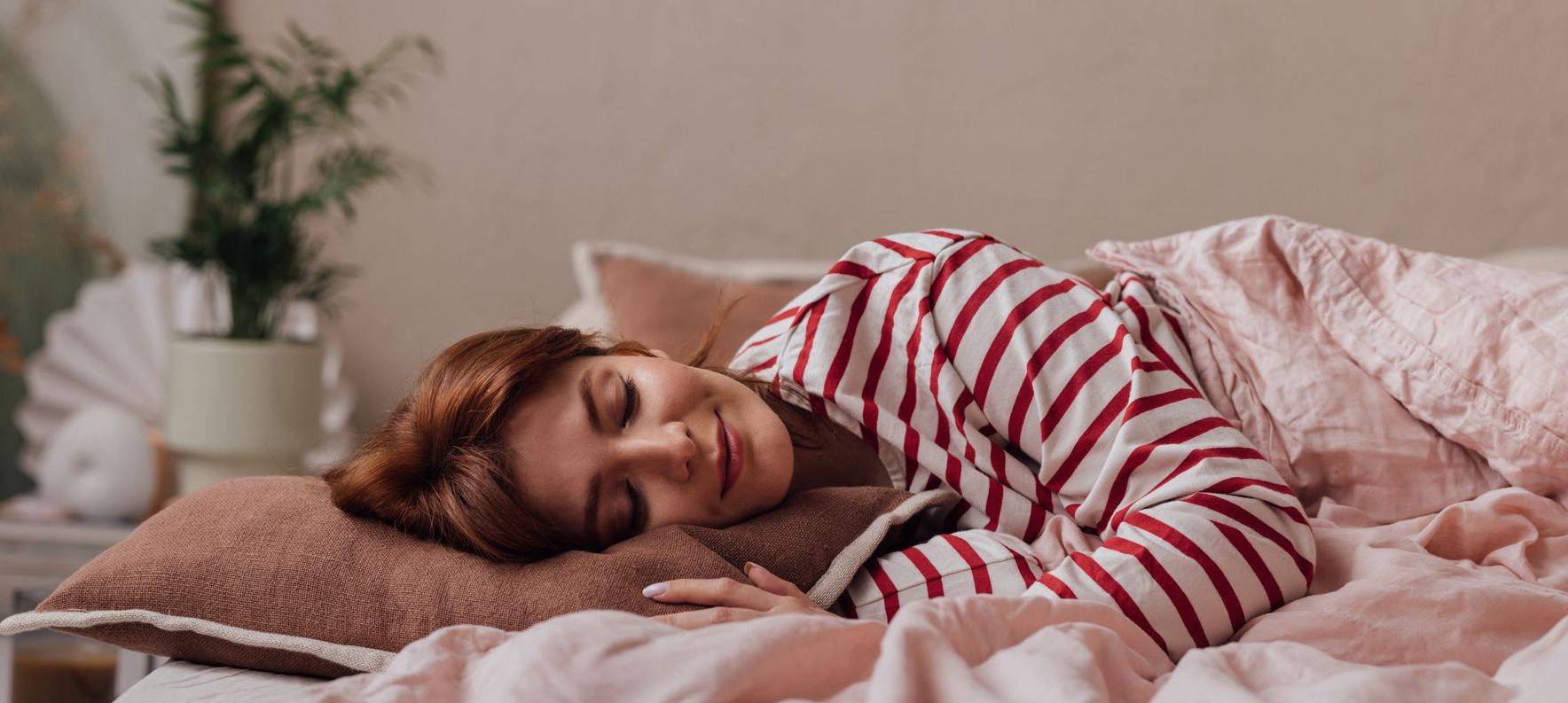
Sleep is one of the most essential human functions. It’s a time where our body and mind switch from ‘doing,’ to recharging and repairing. For kids and teens, it’s also where they do most of their growing and developing, which is why they need a lot more sleep than adults. There are so many factors that can affect our sleep and when sleep is impaired, it can have major consequences on our mental and physical health.
Our sleep cycle is controlled by an internal body clock known as our circadian rhythm that operates over a 24 hour period. Our hormones are influenced by the change from dark to light and as it begins to get dark in the evening, our body will release the hormone melatonin that makes us feel sleepy. Then as the sun comes up and it’s lighter, our body will release cortisol that wakes us up and makes us feel alert.
It's recommended adults get seven or more hours of sleep each night, teens 8 – 10 hours, young kids up to 13 hours and infants and toddlers, 14-16 hours of sleep each day.
Sleep is so important for many reasons – it’s needed for proper cognitive function, memory and problem solving, reaction time, how you learn and take in information and our mood. Not getting enough quality sleep can therefore impact our work performance and productivity, our studies, ours and others physical safety (such as when driving a car) and our relationships.
Sleep also impacts our immune system, respiratory and cardiovascular (heart) systems and our metabolism and ability to manage our weight. Studies have shown that not getting enough quality sleep can increase the hormones that controls hunger and drives up our hunger for high fat, sweet and salty foods. Naturally over time, eating in this way can have a major impact on not only our weight but also our health.
By making some changes to our diet and lifestyle, and some sleep hygiene habits can help towards getting enough quality sleep:
Caffeine – Caffeine can last up to 12 hour in our system and it’s not just in coffee, it’s also found in black and green tea, chocolate, cola and energy drinks
Eating times – Eating a big meal close to bed time can feel uncomfortable and make it difficult to fall asleep, as can going to be hungry, so monitor to see what works best for you
Alcohol – Although a glass of wine might make you feel drowsy, our body will give you a hit of adrenaline in the night remove the alcohol from our system, waking us and disrupting our sleep
Fluids – If you’re up needing to go to the toilet through the night, try to finish drinking liquids for the day a few hours before bed time
Bed time – Have a realistic bedtime and stick to it. Work out when you need to get up and count backwards at least 7 hours
Evening routine – This might be taking a shower or bath, a cup of camomile tea, then reading a book until you feel drowsy
Cut the devices – Avoid having devices in your room and aim to turn them off at least 30 minutes before sleep time
Comfortable environment – Ensure you have a comfortable sleeping environment that’s the right temperature, with low light and a good mattress and pillow.
References
https://www.sleepfoundation.org/how-sleep-works/why-do-we-need-sleep